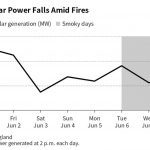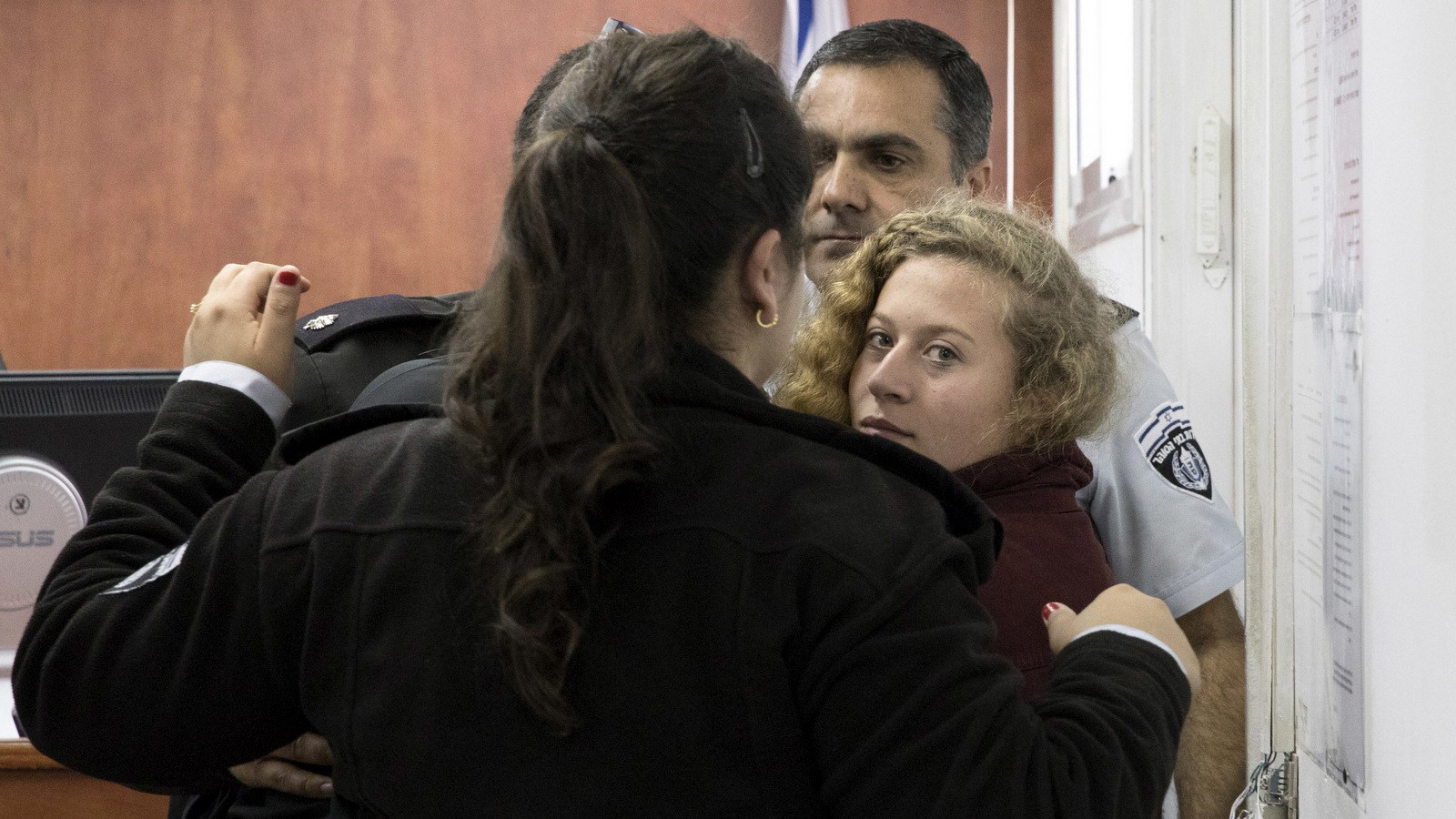
Though rarely acknowledged in the mainstream media and academia, the Middle East has been playing an outsized role in determining contemporary Canadian elections. Less than two years into his second electoral mandate, Prime Minister Justin Trudeau dissolved parliament on 15 August and called an early election.
This was done while his Liberal Party was riding high in public opinion polls over its handling of Covid-19. It was also when the opposition Conservative Party appeared to be in disarray, uncomfortable with a party leader, Erin O’Toole, who appeared to be drifting away from the divisive conservative politics of previous leaders Stephen Harper and Andrew Scheer. The Liberals hoped to take advantage and turn their minority government into a majority.
However, Trudeau’s calculated move proved unpopular for a pandemic-weary public that did not want an election called in the short Canadian summer, with a fourth Covid-wave looming. His poll lead predictably disintegrated and Canadians are in the final days of a knife’s edge election campaign where divisive issues make a difference.
It is the type of election where growing and increasingly assertive Arab and Muslim Canadian voter groups, key Liberal constituencies, can make a critical difference. This includes their concerns about Palestine-Israel and Islamophobia.
Palestinian lives matter (to many Canadian voters)
When Trudeau called the 2021 election, it came just three months after the latest round of asymmetrical violence between Israel and the Palestinians, centred on occupied East Jerusalem and Gaza. While the Canadian government’s knee jerk reaction was to offer support to Israel to “defend itself”, the lop-sided struggle elicited an unprecedented reaction among the Canadian public, with protests erupting over several weeks across the country. In general, public opinion appeared to shift to the side of the Palestinians.
Few foreign affairs issues arouse as much interest in Canada as Palestine-Israel. One comparable issue may be the Black Lives Matter movement and protests that erupted across the United States following the murder of George Floyd last year. At that time, Trudeau went onto the streets to join protesters in Ottawa, and took a knee in solidarity with BLM and, seemingly, against US President Donald Trump.
READ: Israel soldiers abuse 2 Palestinian children, arrest one in Hebron
There would be no such sign of solidarity for Palestinians, though. Meanwhile, Trudeau’s actions came at a time when Canada was under global scrutiny over its systemic racism against indigenous First Nations, Inuit and Métis. This has been most horrifically exhibited with the 2021 exhumation of mass graves of indigenous children in the grounds of state-sponsored Residential Schools, which were designed to “kill the Indian in the child” and operated until 1996.
Transnational solidarity networks
As they have with BLM in the United States, Palestine solidarity activists have built alliances with indigenous advocacy movements in North America. There is now a transnational network of advocates working together across what they know as Turtle Island (North America) and Falasteen (Palestine). These networks are having a profound impact on the Left. It is now effectively impossible to be part of the Left in Canada without having a position supportive of Palestinian human rights.
This has caused incredible challenges for the Trudeau Liberals, as they attempt to balance a centrist voting base that includes popular support in a Jewish community of several hundred thousand Canadians, and communities accounting for a couple of million Arab and Muslim Canadians. Historically, Arabs and Muslims have been concerned about Palestinian human rights. Now, Jewish Canadians are becoming increasingly split over support for Israel and a commitment to Palestinian human rights.
The Trudeau government has itself not been balanced. Outside hollow liberal rhetoric, his government has been partisan and ardent in its support of Israel. It has gone so far as to offer economic support for Israel’s illegal West Bank settlements, while Trudeau has regularly condemned Palestinian human rights advocates. His government has, meanwhile, attempted to limit free speech on Palestine and appointed long-time pro-Israel advocate Irwin Cotler to oversee this as Canada’s “Special Envoy on Preserving Holocaust Remembrance and Combatting Anti-Semitism”.
READ: Israel’s future is apartheid in a ‘solution of the three classes’
For Canadians who hoped for a more balanced Middle East foreign policy when Trudeau was elected in 2015, his government could not be more disappointing.
Flanking the Liberals on the Middle East
This has created opportunities for Canada’s centre-left New Democratic Party (NDP). After spending much of the 2010s fighting its own progressive base and purging members sympathetic to the Palestinians, in 2021 the NDP changed course, adopting a convention resolution that vowed to end support for Israeli settlements. During the May 2021 violence in the occupied Palestinian territories, it began to call for Canada to halt arms sales to Israel. In Canadian political terms, the party now has positions on Palestine and the Middle East that most align with the Canadian Left.
This has allowed the NDP to better reach out to Canadian progressives, and Arab and Muslim voters, leaving the Liberals desperately pleading with Muslim Canadians not to vote NDP.
Likewise, the NDP has been able to bring back to the fold a large body of disaffected former members from the Green Party, who had been pushed away during the purges. This has been accelerated by the Green Party leadership’s decision to stake out an ardently pro-Israel position during the May violence. Now the NDP is up in the polls by percentages equivalent to the collapse of nationwide Green popular support.
Islamophobia
Palestine has become such a popular issue in Canada that there is now a Vote Palestine coalition dedicated to advising Canadians how to vote. Meanwhile, the Canada-wide Palestine protests in May were followed by the mass murder of Muslim-Canadians in June. Three generations of the Afzaal family were run over by a truck in London, Ontario, in what appears to have been an act of premeditated white supremacist violence. It is one of a string of violent acts carried out against Canadians with a Muslim or Middle East background, including the 2017 Québec City mosque mass killing.
Canada now has the dubious distinction of having had more Muslims killed in targeted mass hate-attacks than any other G-7 country over the past five years.
This crisis is exacerbated by two decades of politicians sowing Islamophobic fear and hatred. It is also the result of Canada’s Middle East foreign policy, including the official attitude towards the Palestinians. Whatever non-Arabs and non-Muslim experts tell them, those communities are fully cognisant of the ties between those acts of violence. These are literally life and death issues for them.
Perhaps the greatest purveyor of those fears, Canada’s Conservative Party, appears to be attempting to move away from its more overt Islamophobic past. Their toning down of Islamophobic rhetoric may have contributed to making the Conservatives unexpectedly competitive with the Liberals, by being able to appeal to centrist Liberal voters disaffected by Trudeau’s early election call.
However, while they pick up Liberal voters, they also appear to be losing supporters to the right-wing populist People’s Party of Canada, led by a former Conservative minister. That party maintains key previously Conservative positions, raising questions about whether or not it is Islamophobic. Meanwhile, a Liberal Party desperate to hold on to power is making spurious accusations of anti-Semitism against an NDP candidate in a competitive Vancouver seat over her statements in support of human rights in Gaza.
After their candidate in @Puglaas ‘s former riding started sagging in the polls, the Liberals decided to smear the @NDP candidate as an antisemite for empathizing w/ Palestinians in 2014.
During that 2014 assault on Gaza, 2,000 ppl were killed incl. 600 kids.
Horrible. #Elxn44 https://t.co/hFCtDrsSJX
— Omar Burgan (@OhmsB) September 16, 2021
The volatile 2021 Canadian election will go down to the wire. Whoever wins, Palestine, the Middle East and Islamophobia will, for sure, be factors in the outcome.
The views expressed in this article belong to the author and do not necessarily reflect the editorial policy of Middle East Monitor.
Related posts:
Views: 0
 RSS Feed
RSS Feed

















 September 18th, 2021
September 18th, 2021  Awake Goy
Awake Goy  100vw, 369px” class=”size-large wp-image-495051 lazyload” src=”https://www.jewworldorder.org/wp-content/uploads/2021/09/the-middle-east-palestine-and-islamophobia-in-canadas-2021-election-1.jpg”><noscript><img data-attachment-id=) Author’s copy of a message being sent on Signal’s messaging app 12 September, 2021
Author’s copy of a message being sent on Signal’s messaging app 12 September, 2021






 Posted in
Posted in  Tags:
Tags: 
















